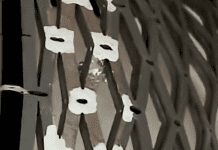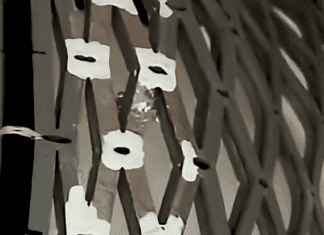This post is also available in:
 עברית (Hebrew)
עברית (Hebrew)
Prominent National Science Foundation (NSF) space telescopes worldwide have been shut down due to a major cyberattack, the reason for which is unknown. For over two weeks, ten telescopes have been impacted, while some on-site operatives were able to keep some operational. These shutdowns have caused chaos in the astronomy sphere due to many essential windows of opportunity being missed for space observations.
NOIRLab (the NSF-run coordinating center for ground-based astronomy) said in a press release “Our staff are working with cybersecurity experts to get all the impacted telescopes and our website back online as soon as possible and are encouraged by the progress made thus far.”
Research teams are dealing with the shutdown by collaborating to find alternatives as crucial observation windows become unattainable, like sending teams to places in Chile to relieve the on-site staff who have been directly operating the telescopes for the past two weeks.
According to Interesting Engineering, NOIRLab announced on August 1st that its Gemini North telescope in Hilo, Hawaii, was hit by a cyberattack. In response to the attack, NOIRLab has shut down operations at several of its crucial telescopes in Chile and Hawaii to protect the facilities until further information emerges, rendering remote observation impossible.
Cybersecurity experts worldwide are confused as to why attackers would target Gemini North. Retired lead of the NSF Cybersecurity Center of Excellence Von Welch suggests the attacker may not even realize they are attacking an observatory.
Astronomers are reportedly motivated to enhance cybersecurity practices to secure their facilities, with the entire astronomical community rethinking how it manages identity and access software, and considering the damage that something as simple as a lost password can cause.
Patrick Lin, who leads an NSF-funded space cybersecurity grant at California Polytechnic State University says: “It doesn’t help if you build the strongest, most impenetrable fortress in the world if you forget to lock even a single door or window. The weakest link is often with us, the humans.”


























